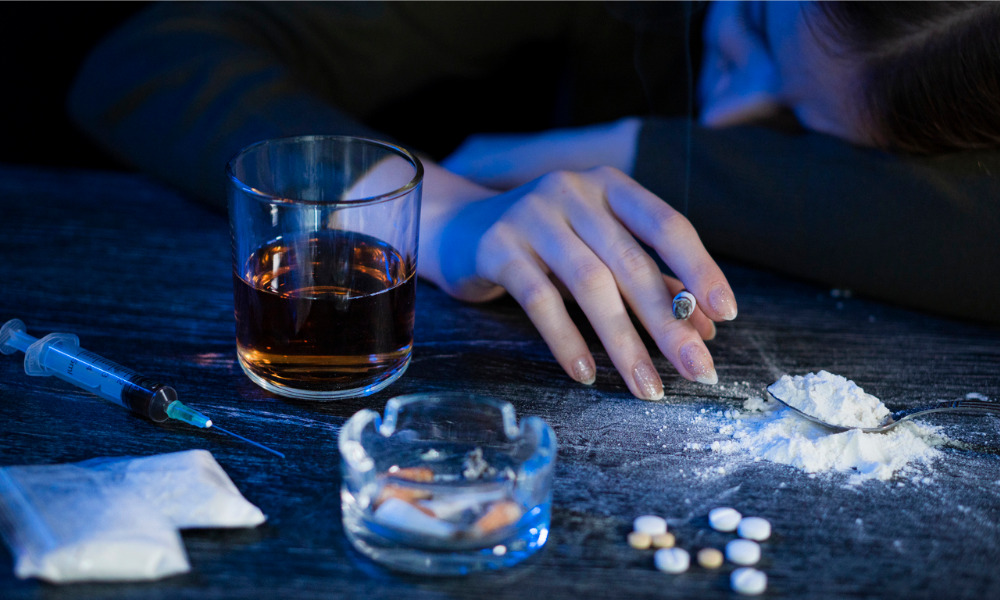
Justice Ministry says new law addresses legal gap created by recent SCC decisions

Canada’s proposed legislation to abolish “self-induced extreme intoxication” as a legal defence for violent crimes has received royal assent just a few days after it was introduced, the Ministry of Justice Canada announced.
On June 17, the federal government introduced Bill C-28 to amend s. 33.1 of the Criminal Code to ensure that individuals who negligently reach a state of extreme intoxication and harm others will be held criminally liable, especially if there was a foreseeable risk that they could violently lose control over their actions upon consuming intoxicants and they failed to take reasonable care to prevent that risk. The new law received royal assent and came into force on June 23.
The justice ministry said the new law is in response to the recent Supreme Court of Canada decisions R v. Brown and R v. Sullivan. In these cases, the SCC declared s. 33.1 unconstitutional because it prevented the accused from raising “self-induced intoxication” as a defence for violent offences like assault and sexual assault, even if a reasonable person would not have foreseen the risk of a violent loss of control.
By striking down s. 33.1, the justice ministry claimed that the SCC decisions “left a gap in the law,” and the new law addresses that gap.
“While cases where the extreme intoxication defence is used are very rare, the effect of the SCC decisions was that individuals who negligently self-intoxicate to an extreme level, lose control over their actions, and harm others could have escaped criminal consequences, [and] this was the case even in situations where a reasonable person should have known that they could lose control and harm others, and the person made no effort to minimize that risk.”
Moreover, the justice ministry confirmed that the new law is one of the ways the government devised to promote public safety, particularly for persons at risk of facing violence, and maintain public confidence in the criminal justice system.
“Violence committed by people who are intoxicated has serious and devastating impacts, [and] this is sadly true for some of the most at-risk in our society – women, children, and Indigenous women, girls and 2SLGBTQQIA+ persons,” Minister of Justice David Lametti said. “This legislation addresses the gap in the law following recent Supreme Court decisions concerning extreme intoxication and holds individuals criminally responsible for their choices and actions.”